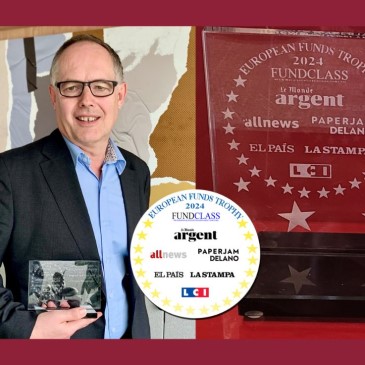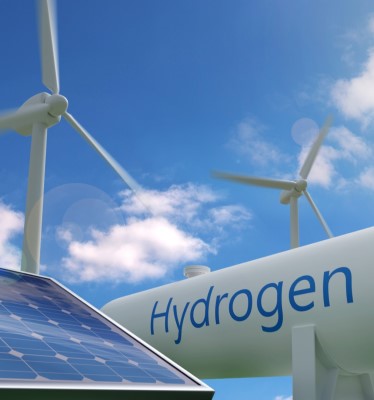OUR MISSION STATEMENT
The future is our today
We observe up-close the megatrends that will be playing out in the future and regard them as investment opportunities
Responsible Investment: our first priority
We very early chose to be an actor of change by making Responsible Investment a hallmark of our strategies.

From megatrends to thematic investment
Megatrends are playing out on a vast scale. They are transforming our civilisations from top to bottom, impacting our daily lives and already shaping our future. They are coming into focus over long stretches of time - at least a decade, often more - and are, on the whole, independent of economic cycles. Hence, their essential character for investors and the need to grasp them fully.
Thematic investment takes full advantage of this time scale and connects investment to the world's realities.
Our latest news
CPRAM in a few figures
57
Bn €in assets under management
+
100
employees, one third of whom in investment management
+
30
years of experience
Source : CPRAM, as of 31/12/2023
Our key strategies
Thematic investing
An innovative range of thematic investment solutions.
Factor investing
An offering based on a quantitative process for selecting factors and companies.
Multi-asset
For more than 30 years, asset allocation has been one of our core capabilities.
Fixed Income
Global coverage of the bond universe with a broad range of solutions.
Liquidity solutions
Actively managed cash solutions that focus on liquidity and risk management.


